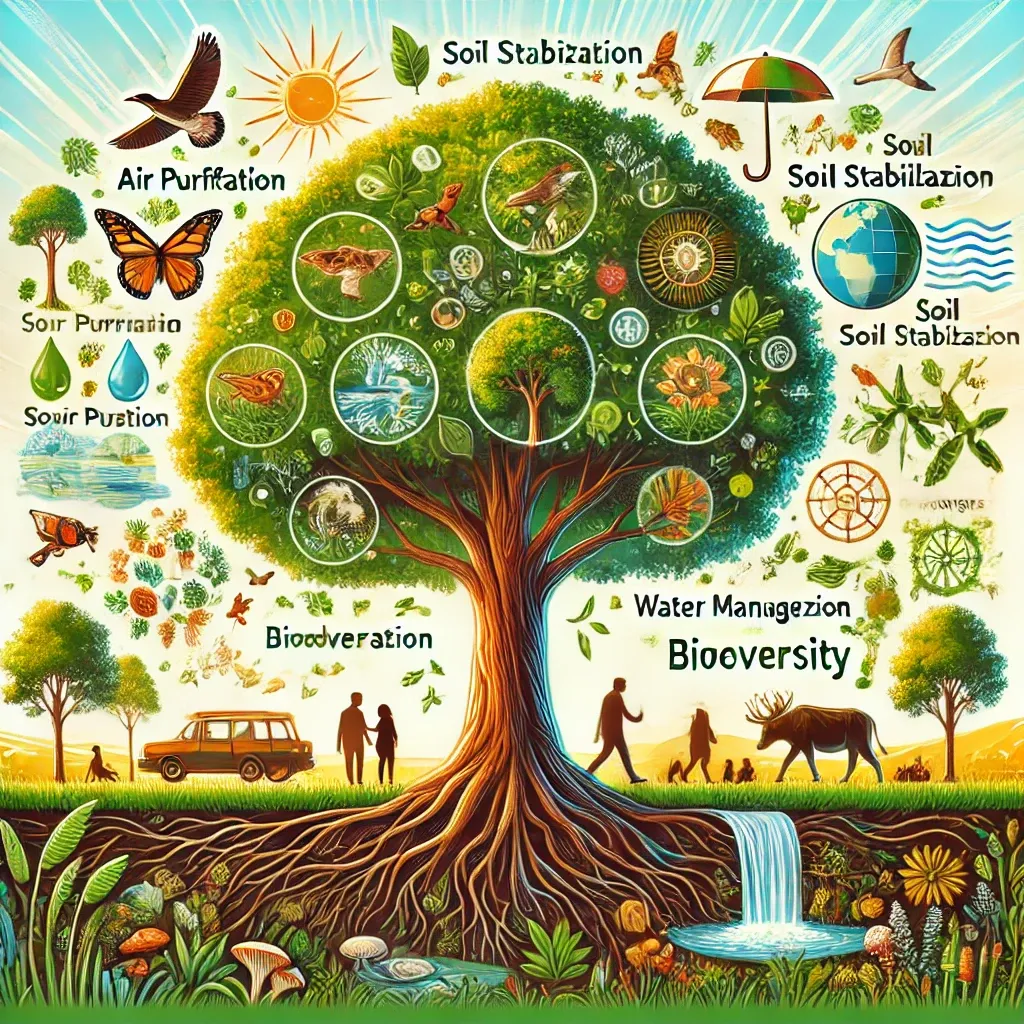
Trees are often regarded as the lungs of our planet, providing an array of essential benefits that extend far beyond their aesthetic appeal. One of the most significant advantages of trees is their role in improving air quality. Through photosynthesis, they absorb carbon dioxide and release oxygen, helping mitigate climate change's effects and combat pollution. This process supports human health and sustains countless species in diverse ecosystems.
Additionally, trees offer vital habitat for wildlife. From birds to insects, a single tree can host a multitude of organisms, contributing to biodiversity. Urban areas particularly benefit from trees, as they provide shade, reduce heat islands, and enhance the beauty of city landscapes, making communities more inviting.
Trees also play a crucial role in water management. Their roots help prevent soil erosion and promote groundwater recharge, reducing the risk of floods. Moreover, they can improve soil quality by adding organic matter and nutrients.
Beyond environmental benefits, trees have positive effects on mental health. Studies have shown that spending time in green spaces can reduce stress, improve mood, and enhance overall well-being.
In summary, trees' multifaceted benefits make them indispensable to our environment and quality of life. Protecting and planting trees is not just an act of conservation; it’s a commitment to a healthier, more sustainable future for generations to come.
Krista Braathen Owner of Heartwood Tree Consulting
Contact: ksbraathen@gmail.com
Certified Arborist and Tree Risk Assessor
Tags: #Krista Braathen #Arborist #Tree Risk Assessor
